In 2002 AEE Rwanda piloted the first Rwandan self-help groups (SHGs, also known as community transformation groups), adapting the successful Indian SHG model to work locally. Since then, with its partners, AEE Rwanda has brought the transformational power of SHGs to hundreds of thousands of Rwandese.
A typical SHG is formed by fifteen to twenty people living close to one another and in similar economic and social circumstances. Members are generally drawn from the poorest and most vulnerable in a community. In Rwanda the SHGs are predominantly all-women – recognized as the most successful model – but increasingly men’s and mixed SHGs are prospering. Each SHG will set its own rules when it is formed and is expected to manage its own business with community facilitators and AEE field staff providing assistance and guidance only.
SHGs pool members’ resources through savings. Starting small, members might save the equivalent of twenty to fifty cents a week. Selected by turn, need, and their ideas, members are granted a loan. Most often the loan is used to fund a small business activity such as buying produce from a grower to sell at market. The loan is repaid to the group and the member keeps the profit. With the increased income the groups are able to quickly increase their savings, opening the door to more ambitious projects. As the groups mature they form together into clusters. A cluster might rent or buy rented tracts of land to grow vegetables for sale, or even build early childhood centers where the community’s children can be safe and stimulated while their parents work. As clusters mature, they form into federations, and SHGs collected into a federation are strong enough to work in partnership with district authorities and NGOs on broader community projects.
But SHGs do more than just build economic prosperity. Through belonging and working together, SHGs build a person’s holistic well-being.
“I could never leave my self-help group. With the group, I moved out of isolation. Bringing up children alone used to scare me. It was very hard; but being in the group gives me energy now. I feel I have a family.” Olive, single mother of four children
I can’t express in words what my group means to me. They are my sisters – we support each other in everything. Rose
In recent years, AEE Rwanda is extending the SHG model to people with disabilities, providing the dignity of belonging and contributing.
Before, people with disabilities had to hide and we were alone. But now we can come forward and live among other people. We have self-respect. Abera
Through the generous support of our partners, hundreds of thousands of Rwandese have benefitted from SHGs, and these benefits multiply through families and communities. Children are better nourished, better schooled, better prepared to be a part of Rwanda’s future. Communities are transformed from the increased economic activity, the community projects, and the sense of empowerment, purpose, and cohesion.
Community benefits are starkly evident in the recent and ongoing COVID-19 response. SHGs have worked in their communities to communicate vital health messages and combat rumor and misinformation. Those SHGs with the means have produced cloth masks for their communities and run community kitchens for children under five whose parents had lost their incomes.
Written by John Kalenzi, AEE Rwanda Team Leader
Aid and Development Testimonies and Stories
“We cannot be lulled into a false sense of security. The devastating surge of cases and deaths in India, and increases in other regions of the world, are clear signs that the pandemic is not yet over in African countries. A new upsurge of COVID-19 infections is a real risk in many countries even if the region’s case count in recent weeks appears to be stable,” said Dr Matshidiso Moeti, WHO Regional Director for Africa. “Combatting COVID-19 fatigue appears to be the key battle in our collective response to the pandemic.”
WHO, African countries face high risk of COVID-19 resurgence, 29 April 2021 https://www.afro.who.int/news/african-countries-face-high-risk-covid-19-resurgence
For over a year now, our teams have been responding to the pandemic by distributing food, facemasks, and sanitation products. They have also been providing temporary or building permanent wash basins in community areas. The need is forever increasing and our teams are working hard to look after those who are suffering.
Below are some stories and testimonies from our teams:
AE Ethiopia recently distributed food parcels to 50 family heads who are some of the poorest in the community. The selection of the beneficiaries was done in partnership with the 15 local churches that AEE is working with for the 2021 Kotebe mission. It was explained to the beneficiaries that AEE is compelled to do such social action by the love of Christ.

A life transformed – Selina’s story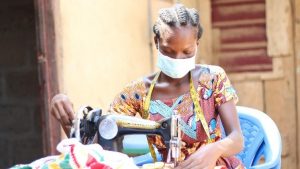
In remote parts of Ghana, children are often compelled to drop out of school to contribute to family income. In some cases this leaves them vulnerable to abuse. Providing a vocational pathway to young people to help them when their parents cannot, is a part of the ministry of African Enterprise Ghana. Amongst the hundreds of beneficiaries/graduates per year, Selina had it as hard as many. Emerging from a polygamous family of 11, Selina life was transformed after enrolling in the Ghana Street kids apprenticeship program. On completing her 3 year course, Selina now works in partnership with her mother to support her family and save toward creating their own tailoring shop. We are grateful to God that her future has a greater certainty than ever before.
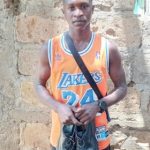 A testimony from Kenya
A testimony from Kenya
“My name is Elvis Oltunga, I am 15 years old and I live in Korogocho slums with my parents and 3 siblings. I have just completed my primary school studies at Totola Primary School in Korogocho and I am looking forward to high school. I am very grateful to AEE for supporting me with school shoes and food for my family.
Hand Washing Stations Constructed at Early Childhood Development Centers (ECDCs)
A child in Rwanda is considered poor if they have no access to at least three of the following nutrition, water, sanitation, housing child protection (UNICEF Rwanda 2018, Child Poverty in Rwanda Summary). The cycle of poverty threatened to escalate during covid, however thanks to the work of AE Rwanda, washing stations were built at five early development centres to ensure that children had better access to sanitation and water to enable these schools to reopen.
With these raised hygiene standards, transmission of the covid virus and disease is significantly reduced. We give thanks for support and prayers that enabled us to make these important steps forward in consultation with communities.
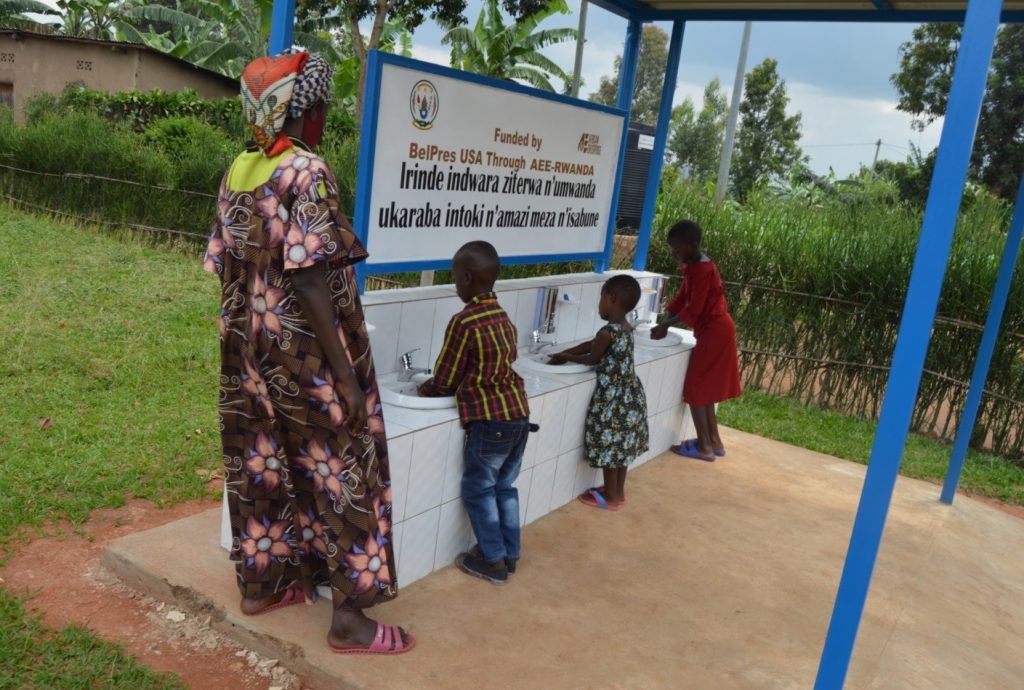
Testimony from South Sudan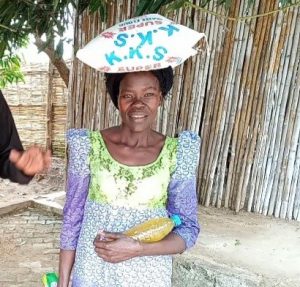
My name is Mrs. Sabi Agile, I am a mother of 5 children. My family was displaced from our home in Goro after fighting broke out between 2 tribes. For many nights we could not sleep in our houses and slept in the bushes due to fear of attacks and after many got killed we decided to flee and seek refuge in another area.
We walked for many hours without food or water and the children were crying but we had to keep moving until we got to Gudele where we felt safer and sought refuge from friends and relatives. Life has been very difficult here since we are not farming or doing any work to be able to buy food and other things for the family and we have been forced to rely on well-wishers for our daily survival as we wait to return to our homes when the fighting stops.
I am very grateful to African Enterprise for the gifts of food and soap that they have brought us today, we were not expecting it but God heard our cry and sent them to us. I am happy that for the next few days I will not have to worry about food for my children and I am very grateful to African Enterprise for your kindness and love to us.
Donate to Aid & Development Programs
AE’s Soweto Kayole Clinic continues to offer essential primary healthcare services to those who need them most.
Early in 2020, many primary health facilities in Nairobi were closed due to the fear of Covid-19, as well as low patient numbers. However, Soweto Kayole remained open to provide essential primary healthcare services to residents of the surrounding slums.
Soweto Kayole Clinic offers affordable and reliable pregnancy services. The antenatal care offered by the clinic includes voluntary counselling and testing (VCT) services for HIV, and the prevention of mother-to child transmission of the disease.
The Clinic also provides HIV counselling, testing and anti-retroviral treatment for residents of the surrounding slums. HIV patients receive comprehensive care that includes anti-retroviral drugs and other medications, nutrition parcels, psychological support and ongoing medical follow-up.
In addition, Soweto Kayole tests and treats patients for tuberculosis, which is very prevalent in the region. During a recent TB campaign, 652 patients were tested for tuberculosis, and 251 tested positive. These patients are receiving TB treatment free of charge at the clinic.
Soweto Kayole clinic also manages emergencies and trauma cases. With an ambulance donated by AE supporters, the clinic is able to refer those with more serious injuries to major hospital centres.
The clinic continues to offer immunisations and growth monitoring of babies and children, as well as education of mothers in the community.
Following the lifting of government Covid-restrictions, clinic staff and volunteers have resumed various health promotion initiatives. Recent initiatives have focused on hygiene and the prevention of infectious diseases.
The Clinic has also recently started a Community Transformation group comprised of local health volunteers. The volunteers have recently received training in trauma healing, and are assisting with trauma counselling and psychosocial support for clinic patients. The group also aims to initiate income-generating activities in the near future.
Africa in 2021 – progress and challenges
Despite significant challenges, and persistent uncertainty, Africa has made extensive progress in recent years.
Since the year 2000, violent conflict in Africa has greatly declined. Data from the World Health Organization showed a 95% decrease in African conflict deaths between the year 2000 and 2012. Although localised conflict increased between 2012 and 2015, conflict is once again experiencing a downward trend in Africa, with the main persistent threat now that of militant Islamic groups.
In the last 10 years, 34 of 54 African countries have improved their governance, leading to significant improvements in human rights. Although some elections have been tainted by corruption, and new democracies challenged by autocratic leadership, generally, there has been a continent-wide push towards democracy in Africa. Democracy has contributed to the alleviation of African poverty, but in countries where it has stalled, economic progress has been hindered.
Overall, Africa has made gains in reducing poverty. With high economic growth rates in most African countries, the proportion of African people living in poverty decreased from 54% in 1990, to 41% in 2015.
However, due to rapid population growth, the absolute number of poor people in Africa has actually increased. Also, inequality means that economic growth does not always eliminate poverty for ordinary people. While the United Nations Sustainable Development Goals (SDGs) aim to eliminate all forms of poverty by the year 2030, recent estimates by the Africa Growth Initiative expect poverty in Sub-Saharan Africa to have reached 25% (at best) or 30% (at worst) by the year 2030.
The COVID-19 pandemic has had a significant impact on Africa’s economic growth. In 2020, Sub-Saharan Africa experienced its first recession in 25 years. Per capita income in the region decreased by over 5% in 2020, reducing the average individual’s income to 2013 levels.
It is difficult to assess the health impacts of the pandemic in Africa, as COVID testing remains low in most regions. Africa’s reported death rates for COVID-19 have been low, attributed by some to its young population. However, the pandemic has placed additional pressure on the fragile health systems of African countries, placing previous health gains at risk.
In 2021, the global pandemic has made life uncertain for all of us. But uncertainty is no stranger to Africa. Sub-Saharan Africa, with its 1 billion people, half of whom will be under 25 years old by 2050, does face an uncertain future.
However, in Christ, with your support and the partnership of the local church, Africa’s uncertainty is turned to hope.
African Enterprise has been running a ‘Street Children Apprenticeship Program’ in Ghana since 2007. This program has successfully trained hundreds of youth in skills that allowed them to be employed or become entrepreneurs in order to improve their circumstances.
AE Ghana is now excited to kick start this program in Togo in March 2021.
According to the World Happiness Report 2020, Togo is the saddest country in the world. The report ‘ranks cities around the world by their subjective well-being and digs more deeply into how the social, urban and natural environments combine to affect our happiness.’
The SCAP program has proven to be successful in Ghana for many years. Vulnerable children face unimaginable futures of prostitution, rape, crime and juvenile delinquency. AE Ghana therefore regards this opportunity in Togo as an absolute must.
The program will aim to empower youth with skills training to better not only their circumstances but also uplifting and supporting their families and communities.
Research has shown that the following vocations are needed in Togo:
– Dressmaking and Tailoring
– Vegetable Plantation
– Aluminum fabrication and tiling
AE Ghana is reaching out to Church Leaders to identify 50 vulnerable children in their communities. The recruitment will be done without any religious, political or tribal bias. These partner churches are encouraged to begin community transformation groups with the beneficiaries and meet on a regular basis where the students can share ideas, receive counseling and have access to prayer support in order to grow and transform together.
Your gift of $15 a week will support a vulnerable student in the program and help them to acquire skills, get off the streets and provide for their families.
Selorm Dunyo from AE Ghana completed his tailoring apprenticeship and has built up his own client base. He is now a qualified tailor currently building his own shop with the savings he makes. 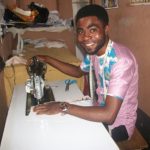
“I am very grateful and thankful to God and also to AE Ghana for transforming my life. I can now support my family through the tailoring business. God bless AE and all donors who made it possible for me to come this far. My new challenge is to save enough money to open my own shop so that I can also help or reach out to other street children”.
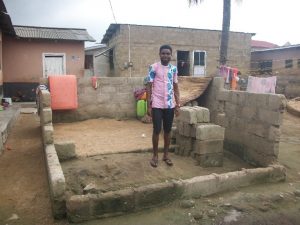
Support Togo SCAP
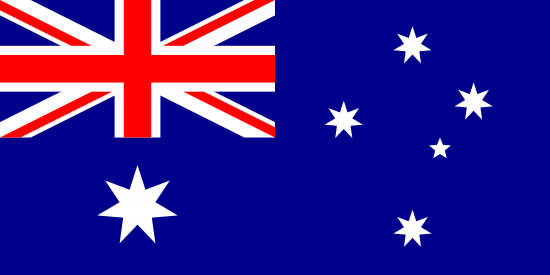
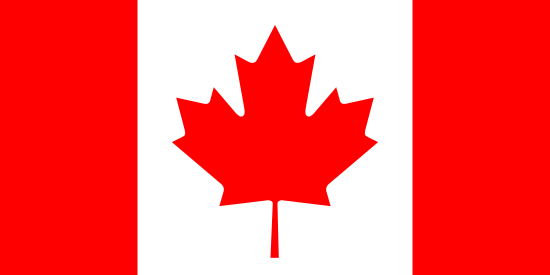
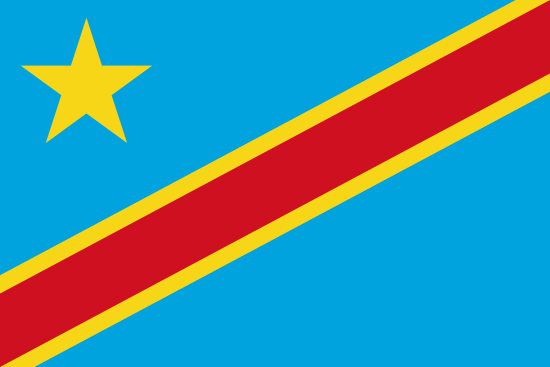
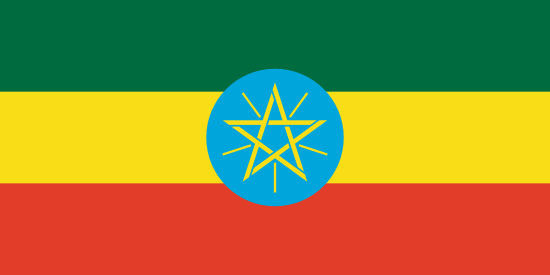
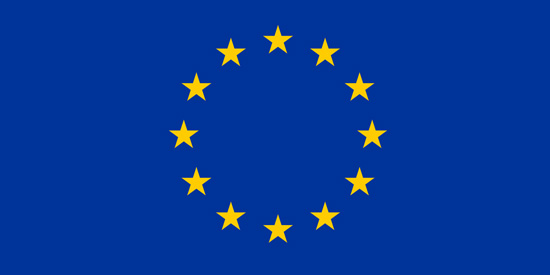
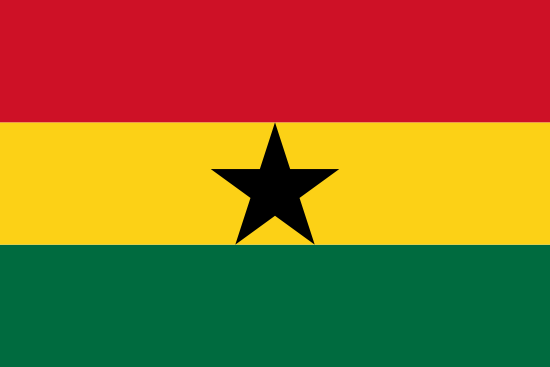

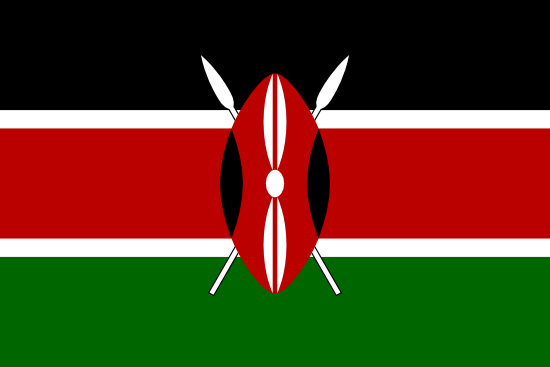
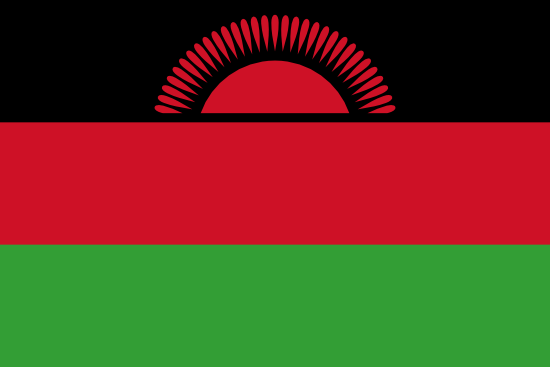
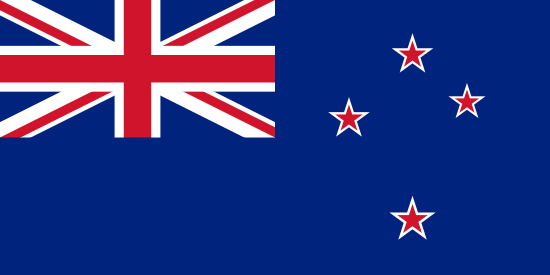
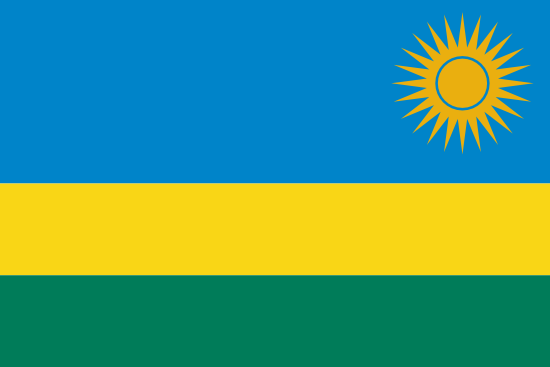
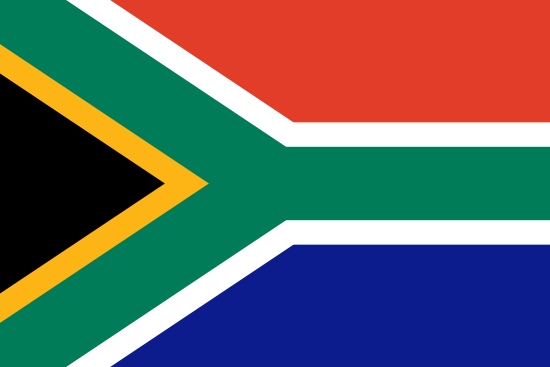
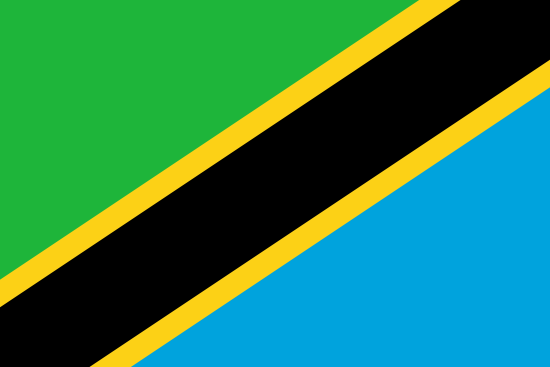
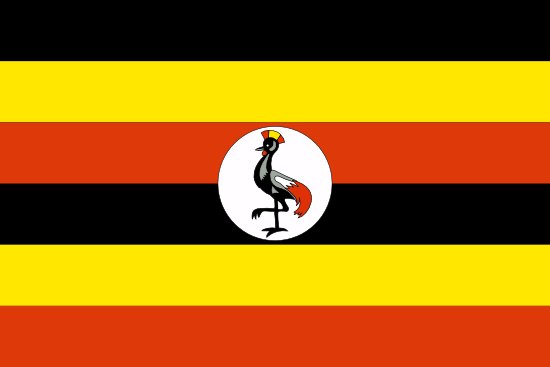
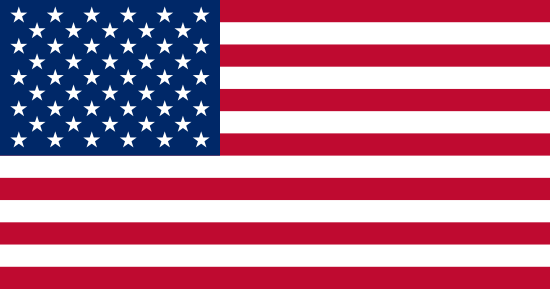
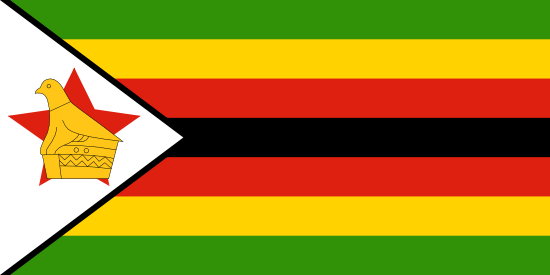



 A testimony from Kenya
A testimony from Kenya


